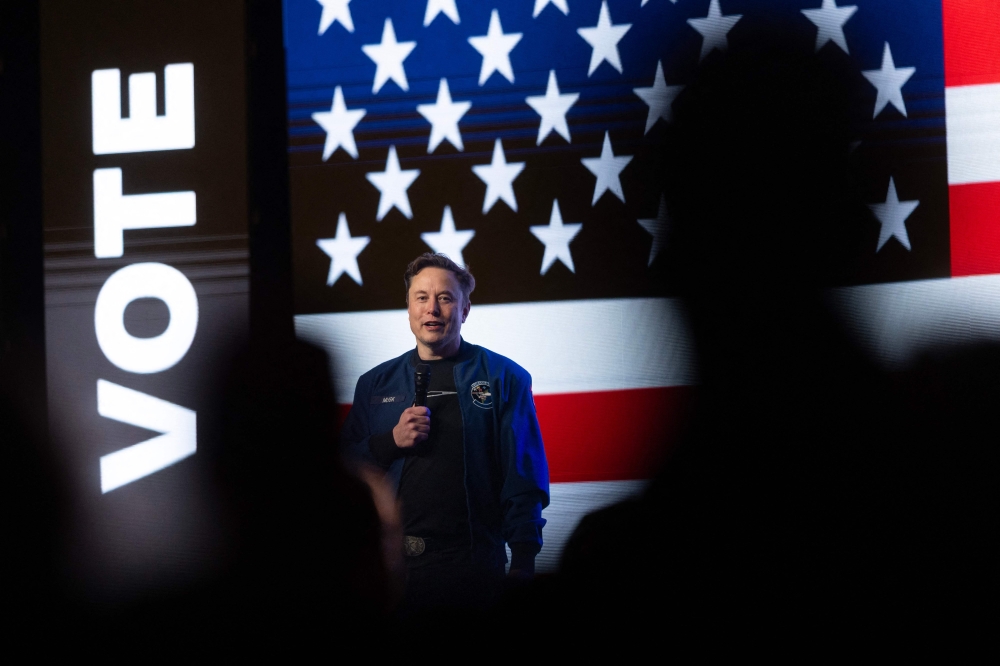or , morality was a personal obligation that became a national calling. A deeply religious man, he taught Sunday school for most of his adult life until the point in 2020 when he physically couldn’t anymore, and he projected that same moral leadership from his entry into politics through his ascendance to the presidency. Once there, he understood in a deeply personal way, that he was spreading values—of decency, morality and human rights—to a Cold War world that needed hope.
This is the underappreciated cornerstone of Carter’s legacy. He took seriously America’s moral leadership and tried to use it to better our country and our world. After the Realpolitik relativism of the Vietnam and the Nixon eras, Carter committed himself to diplomacy, deferred to international norms and elevated human rights into a priority of American foreign policy.

That vision of America’s role in the world offers hope even today. Despite the cynicism and performative politics, it’s more important than ever to recognize that moral leadership is not out of fashion. Indeed, it is essential.
Carter’s conviction was his most impressive quality, and it could also be his most infuriating. He was incredibly stubborn about doing the right thing, and refused to give up long past the point others would have thrown up their hands. A great example was the negotiations for what became , the historic agreement that led to the first Israeli-Arab peace treaty—he refused to let Egypt’s Anwar Sadat .

























